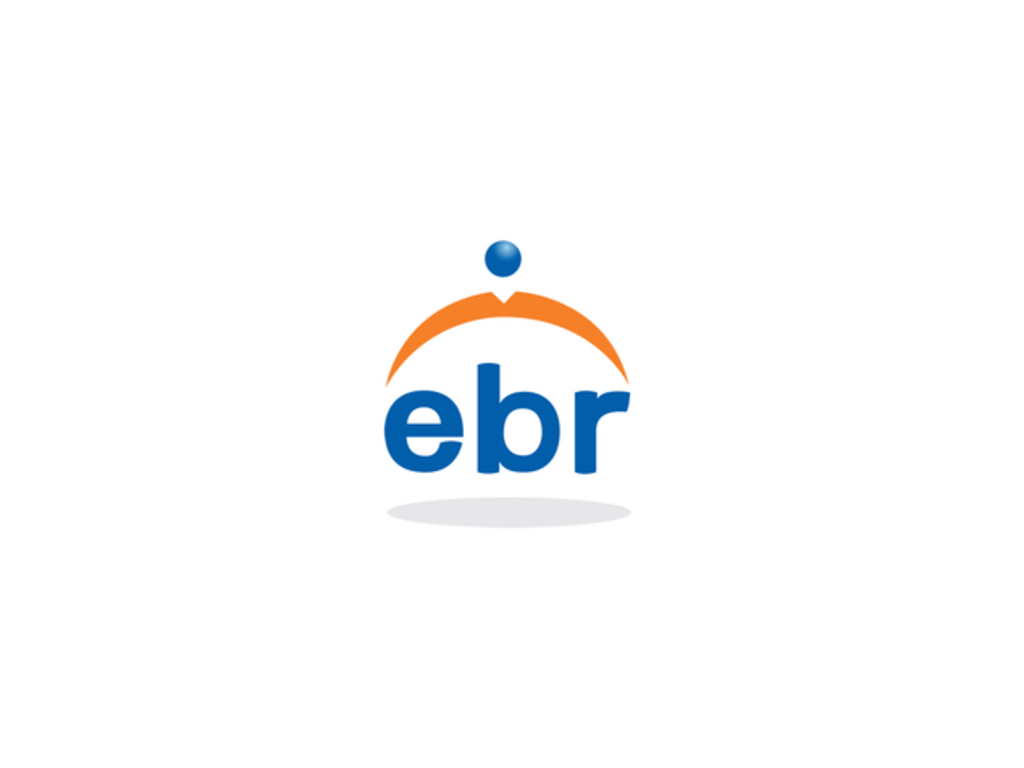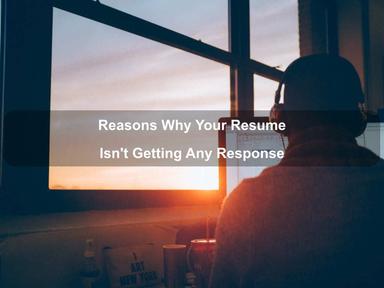published: 15 Jan 2021
5 min read | website: www.ebr.com.au
Back then, a college education alone was enough to guarantee you a high-paying job immediately after graduation but not anymore. Increasingly, employers expect you to have internship experience so that you come to your first job out of school ready to hit the ground running. We know that getting one can be tough, so here are some tips you need to know on how to get an internship.
1. Know Your Qualifications.
Students often have this misconception that they must apply to every position that catches their eye to increase their odds in getting an internship. What you should be doing instead is think about the skills and experience you currently possess, and which positions you might be a good fit for based on that information. Think about your previous work experience, and which roles it might prepare you for. Don't feel pressured to get your dream internship right away, especially if you have no prior work experience. Start by exploring small local organizations, groups affiliated with your school or volunteer work.
2. Look at the Right Places.
There are plenty of job sites online that have millions of job listings, so you're bound to find something that's right for you. You can search for the internship titles you're interested in, and narrow results down by location, size, industry, company ratings and more. Getting a personal recommendation can make all the difference in your internship search, so make sure to reach out to friends, family, professors and alumni to see if they know anyone hiring.
3. Prepare Your Key Application Materials.
No matter what job you apply to, there will always be a few key materials you're going to want to have on hand, no matter what job you apply to. One of the most common ones is your resume. These are brief documents that contain your name and contact info, your skills, education and professional background. Next is cover letters. They add additional color and context to your application. They should persuade whoever is reading the letter that you are uniquely right for the job. Many recruiters also use social media to research candidates so you may want to create a professional social media profile, especially on a networking site like LinkedIn.
4. Prepare for the Interview.
Interviews won't be nearly as intimidating if you just adequately prepare. Before your interview, make sure to look up some basic information on the company — things like what products/services they offer, who their competitors are, etc. Not knowing the answer to one of them will show that you haven't done your due diligence. You can also use this information to come up with a few questions of your own. Make sure to research common interview questions beforehand and practice.
5. Follow Up & Finalize.
Once you've gotten past your interview, breathe — the hard part is over! You'll just need to send a thank-you note or e-mail to anybody you spoke with. These show that you're organized and thoughtful, which both matter a great deal to employers. Then, just wait until an interviewer provides you with an update. If they don't reach out to you when they said they would, feel free to send a short check-in note.

Are we missing something? Help us improve this article. Reach out to us.
















